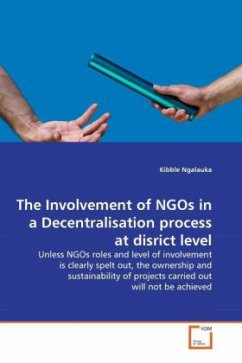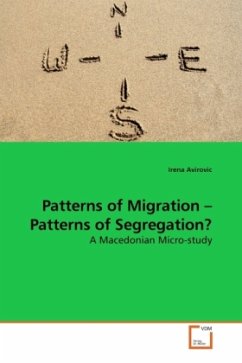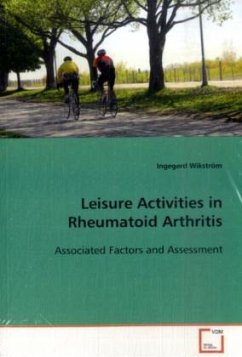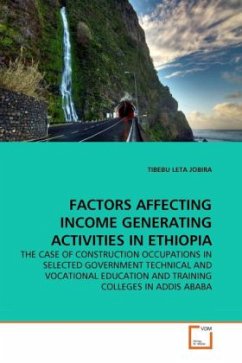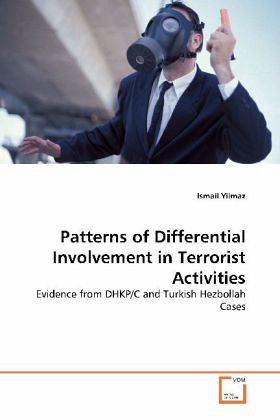
Patterns of Differential Involvement in Terrorist Activities
Evidence from DHKP/C and Turkish Hezbollah Cases
Versandkostenfrei!
Versandfertig in 6-10 Tagen
79,00 €
inkl. MwSt.

PAYBACK Punkte
0 °P sammeln!
This study examines the patterns of involvement in terrorist activities for the Revolutionary People s Liberation Party/Front (DHKP/C) and Turkish Hezbollah members. The study is based on the assumption that terrorists differ in terms of their involvement in terrorist activities. In this sense, there are full-time and part-time terrorists. Full-time terrorists act professionally and do the assignments given by their commanders. Part-time terrorists, on the other hand, act on a non-professional basis and have their own motivations to participate in terrorist activities. For part-timers, there a...
This study examines the patterns of involvement in terrorist activities for the Revolutionary People s Liberation Party/Front (DHKP/C) and Turkish Hezbollah members. The study is based on the assumption that terrorists differ in terms of their involvement in terrorist activities. In this sense, there are full-time and part-time terrorists. Full-time terrorists act professionally and do the assignments given by their commanders. Part-time terrorists, on the other hand, act on a non-professional basis and have their own motivations to participate in terrorist activities. For part-timers, there are various factors that may have an effect on their degree of involvement in terrorist activities. Their decisions regarding whether to participate in a specific terrorist act can be influenced by individual factors as well as the instructions and assignments given to them. In this study, these factors are categorized under four different headings; demographic, relative deprivation, frustration, and social learning.




